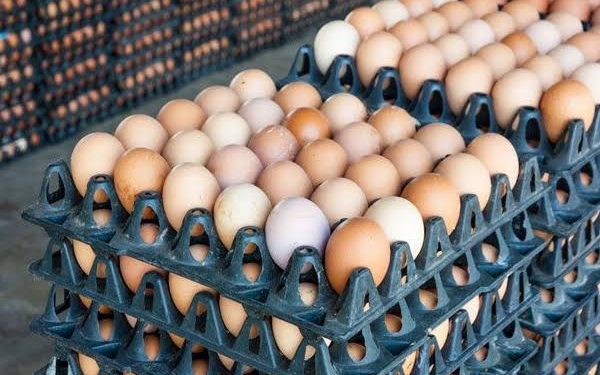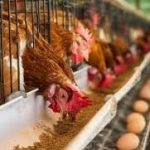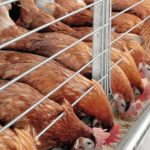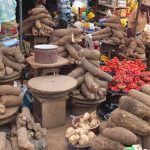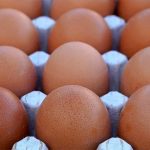Households across Nigeria are beginning to enjoy some relief as egg prices have dropped by 10 percent, driven by a decline in maize prices and stability in the foreign exchange market. This development comes after years of consistent hikes in the cost of eggs, one of the country’s most affordable protein sources.
In Lagos, a crate of eggs now sells for around N5,400, down from N6,000, according to a recent market survey. In Abuja, prices have also declined from N6,200 to N5,800. The downward trend follows a 33 percent drop in the price of maize, a major component in poultry feed. A metric ton of maize, which cost N600,000 earlier in the year, now sells for N450,000.
The President of the Poultry Association of Nigeria, Sunday Ezeobiora, confirmed that the fall in feed prices particularly maize and soybeans has forced producers to lower egg prices. He added that improved foreign exchange stability has also reduced the cost of importing essential poultry supplies like vaccines.
“With maize and soybeans becoming more affordable, we had to adjust our egg prices. We also want people to be able to afford them because the economy is hard on everyone,” he said.
While market prices have eased, eggs are even cheaper at the farm level. According to Ezeobiora, farm gate prices have dropped from N5,500 to about N4,800 per crate. However, middlemen often increase prices before they reach consumers, limiting the full benefits of the price drop.
Olalekan Oluwafemi, Director at Popoola Farm Project in Lagos, highlighted the central role feed costs play in poultry production. “Feed is the biggest determinant of pricing in the poultry value chain. While maize is not the only ingredient, it’s one of the most significant. So any change in maize price will affect egg and poultry prices.”
The recent drop follows a troubling two-year trend in which egg prices more than doubled. In 2023, a single egg cost around N100. This rose to N150 within the same year, then to N200 in 2024, before settling at the current average of N250 per egg.
Though modest, the current decline offers some comfort to Nigerian families struggling with high food inflation and limited protein options. Experts say that continued price stability in maize and foreign exchange, along with policies that support direct market access for poultry farmers, could sustain or deepen the price relief in the months ahead.


